Guardians of Law: Cybersecurity for Legal Firms

Fortifying Legal Fortresses: Cybersecurity for Law Firms
Cybersecurity has become a critical concern for law firms as they navigate the digital landscape. This article delves into the paramount importance of cybersecurity for law firms, examining the challenges they face and the proactive measures needed to safeguard sensitive legal information.
The Digital Transformation in Legal Practice
The increasing reliance on digital platforms for legal processes brings about a host of advantages, but it also exposes law firms to cybersecurity risks. From client confidentiality to case strategies, legal professionals handle a wealth of sensitive information, making robust cybersecurity measures imperative in the
Effortless Legal Document Storage: Seamless Online Solutions
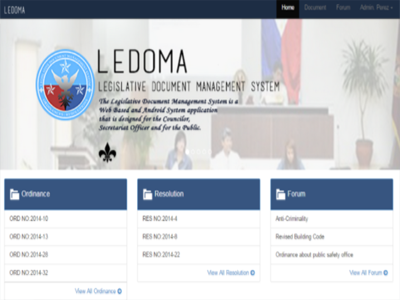
Navigating the Future: The Ease of Online Legal Document Storage Solutions
The legal landscape is embracing digital transformation, and online legal document storage has become a cornerstone of this evolution. These solutions offer seamless and efficient ways for legal professionals to store, manage, and access crucial documents, revolutionizing the traditional approach to document storage.
Secure and Accessible: The Foundation of Online Storage
Online legal document storage provides a secure and accessible foundation for legal professionals. Through encrypted cloud-based platforms, sensitive legal documents are safeguarded, ensuring compliance with data protection regulations. Simultaneously, the accessibility of these documents from anywhere with an
Navigating Genetic Counseling Regulations: Ethical Guidance Framework
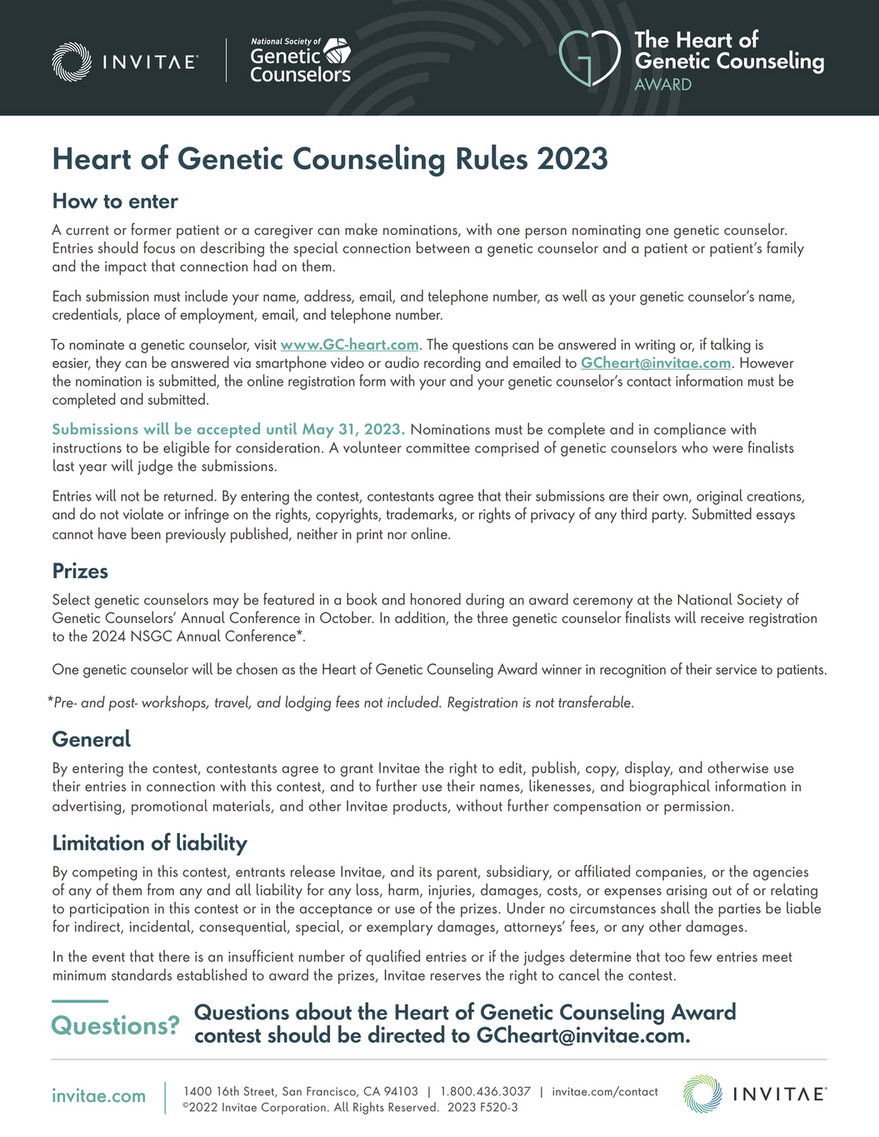
Ethical Framework in Genetic Counseling: Navigating Regulations
Genetic counseling plays a crucial role in providing individuals and families with insights into genetic risks and conditions. In this article, we explore the significance of genetic counseling regulations, delving into the ethical framework that guides these practices and ensures responsible and empathetic genetic counseling.
Defining Genetic Counseling Regulations
Genetic counseling regulations are guidelines established to govern the practice of genetic counseling. These regulations are designed to uphold ethical standards, protect the privacy of individuals seeking genetic counseling, and ensure that practitioners adhere to best practices in the field. The dynamic nature of
Telehealth Reimbursement: Navigating Policies for Remote Healthcare

Telehealth Reimbursement: Navigating Policies for Remote Healthcare
The surge in telehealth adoption has transformed healthcare delivery, bringing with it a complex landscape of reimbursement policies. This article explores the intricacies of telehealth reimbursement policies, shedding light on their significance, challenges, and the evolving nature of reimbursement in the realm of remote healthcare.
The Rise of Telehealth in Healthcare Delivery
Telehealth has emerged as a vital component of modern healthcare, offering patients remote access to medical consultations, monitoring, and treatment. The convenience and accessibility of telehealth services have gained prominence, especially in times of public health crises. However, alongside this growth
Navigating Cybersecurity Standards: A Comprehensive Guide
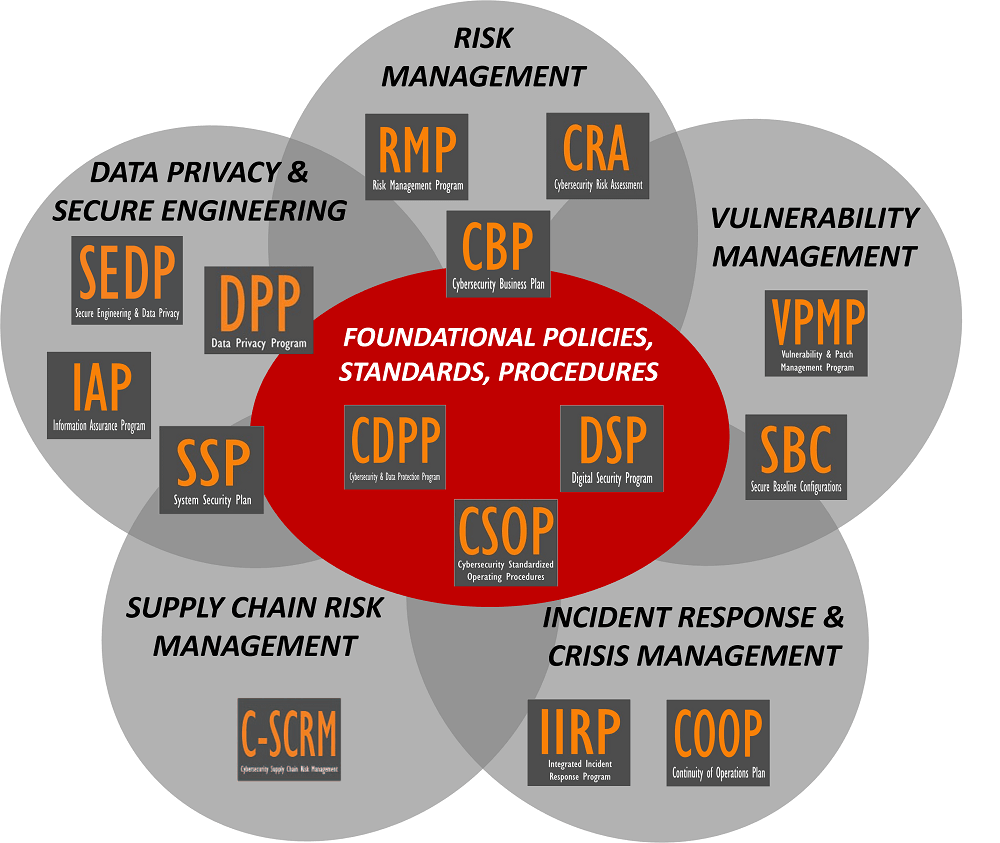
Navigating Cybersecurity Standards: A Comprehensive Guide
In an increasingly digital world, cybersecurity is a top priority for organizations and individuals alike. Understanding and adhering to cybersecurity standards is essential for safeguarding sensitive information and mitigating the risks of cyber threats.
The Importance of Cybersecurity Standards:
Cybersecurity standards serve as a framework for establishing best practices and guidelines to protect systems, networks, and data from cyber threats. These standards are essential for creating a baseline of security measures that organizations can implement to fortify their defenses against evolving cyber risks.
International Standards and Frameworks:
Several international organizations and bodies contribute to
Navigating Genetic Privacy Consent Laws: Protecting Genetic Information
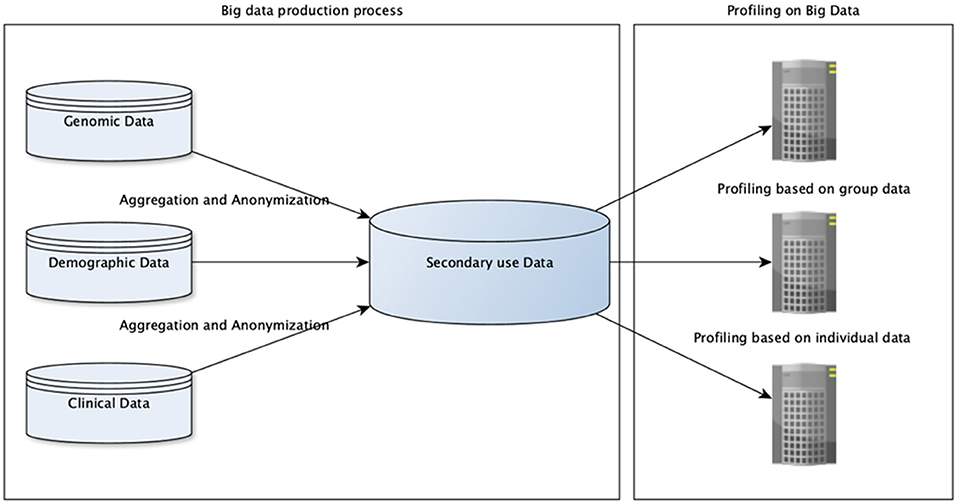
Protecting Genetic Information: Navigating Genetic Privacy Consent Laws
Genetic privacy consent laws play a crucial role in safeguarding individuals’ genetic information in the era of advanced genetic testing and research. In this article, we explore the significance of genetic privacy consent laws, their implications for individuals and researchers, and the delicate balance between advancing scientific knowledge and protecting the privacy rights of individuals.
The Rise of Genetic Testing and Research
The advancements in genetic testing technologies have unlocked unprecedented insights into individuals’ genetic makeup. These breakthroughs have paved the way for personalized medicine, disease risk assessments, and genealogical research. However,
Navigating Data Ownership Rights in the Modern Era: A Comprehensive Guide
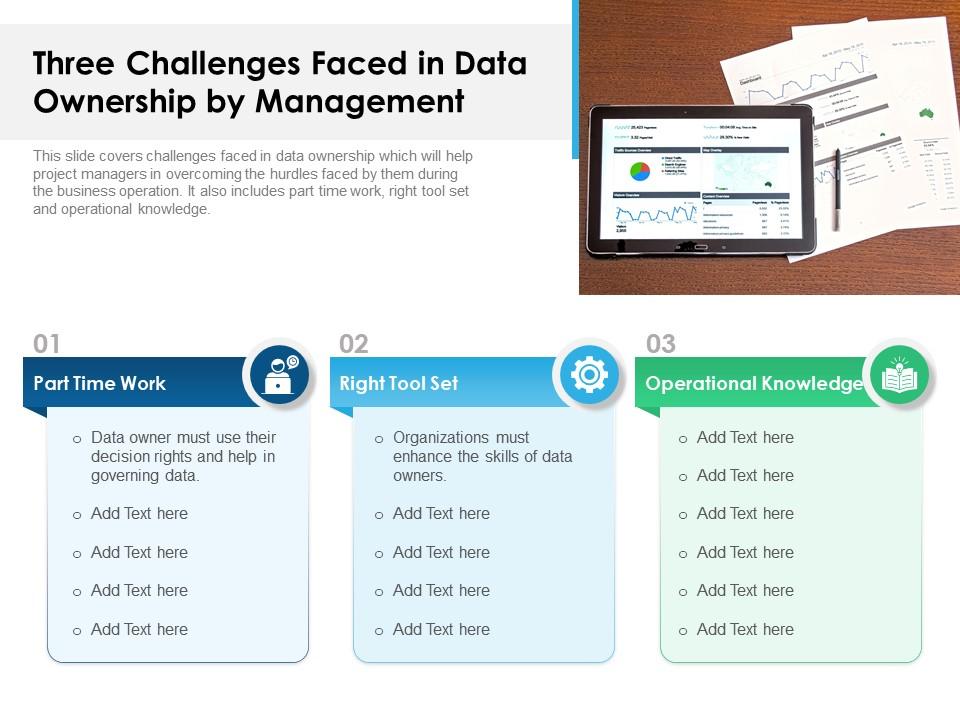
Navigating Data Ownership Rights in the Modern Era
In today’s digital landscape, the concept of data ownership has become increasingly crucial. As individuals and businesses generate and share vast amounts of data, questions surrounding who owns this information and how it can be used have become more complex. This article explores the intricacies of data ownership rights, shedding light on key considerations in the modern era.
Understanding Data Ownership:
At its core, data ownership refers to the rights and responsibilities associated with the data generated or collected. Individuals often assume they have inherent ownership of their personal data, but when
